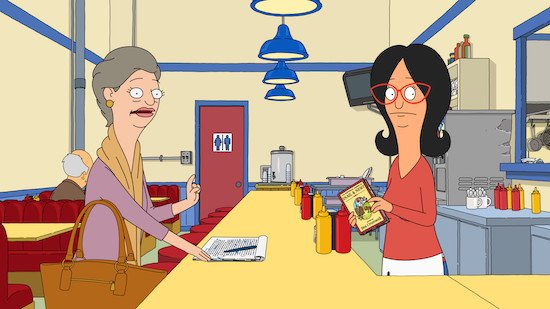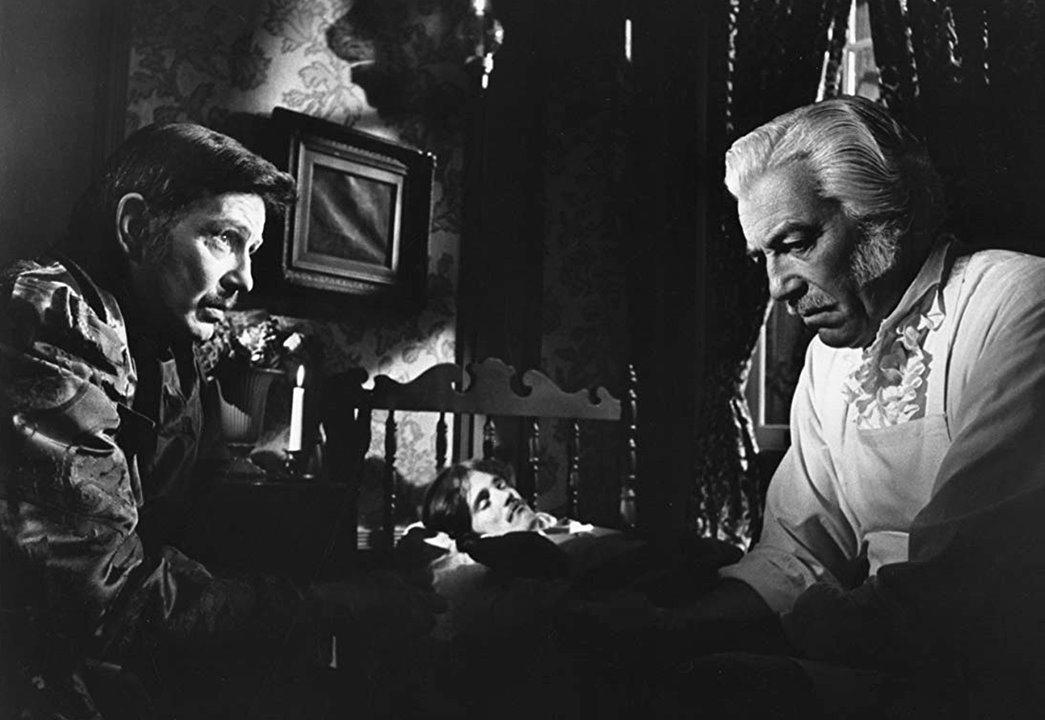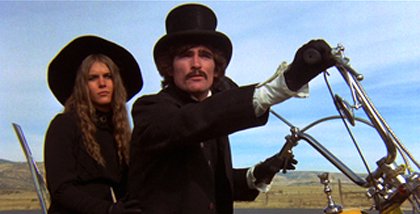[Clears throat] Beg, pardon. I must rant.
I don’t have to justify why I support this strike, but for those of you not in the know - writers only get paid when they have regular work despite being professionals. So many used to live on residual checks between jobs. They live in California and New York, where living costs can be painfully high. Most importantly - the CEOs who refuse to pay them more make a disgusting amount of money.
I recently watched a film called Solid Gold Cadillac which opened with stockholder Judy Holiday asking the heads of the company she invested in a simple “why”. Why do they make so much money when they work fewer hours. This is in 1956 when she asks this question and yet we still do not have answer.
It infuriates me that these bigwigs think they can just wait out the strike. It also infuriates me that many people online seem to think they can scab and take these writers’ jobs. Or are simply complaining that Hollywood elite are being “greedy”. Unions the reason we have safety precautions at work. Unions are why there’s less child labor (yes, I say less, there’s still under the table child labor in the U.S.). And (here’s a big one) unions are why we have FORTY HOUR WORK WEEK AVERAGE AND A WEEKEND! Yes, some unions are corrupt, however, overall they fight to the betterment of their working conditions. Also, the Nanny wants your help! None of us watched her last show. We owe her this.
How do we support? First off, don’t be scab. Writers should support writers. Check the online for what work you can do that does not upset the strike.
Second, you sign a petition stating your support at: https://www.wgacontract2023.org/take-action/stand-with-writers
And lastly, if you have money to spare you can donate to their fund which keeps people from going hungry or losing their homes while on strike. https://secure2.convio.net/afa/site/Donation2;jsessionid=00000000.app20013a?df_id=2857&2857.donation=form1&mfc_pref=T&NONCE_TOKEN=F991A2FD89178FAF65945424FBC6FC3B
And don’t forget, there’s plenty of online content we’ve all meant to watch, but fallen behind on while we wait for them to win. Rant done. Thanks.


































